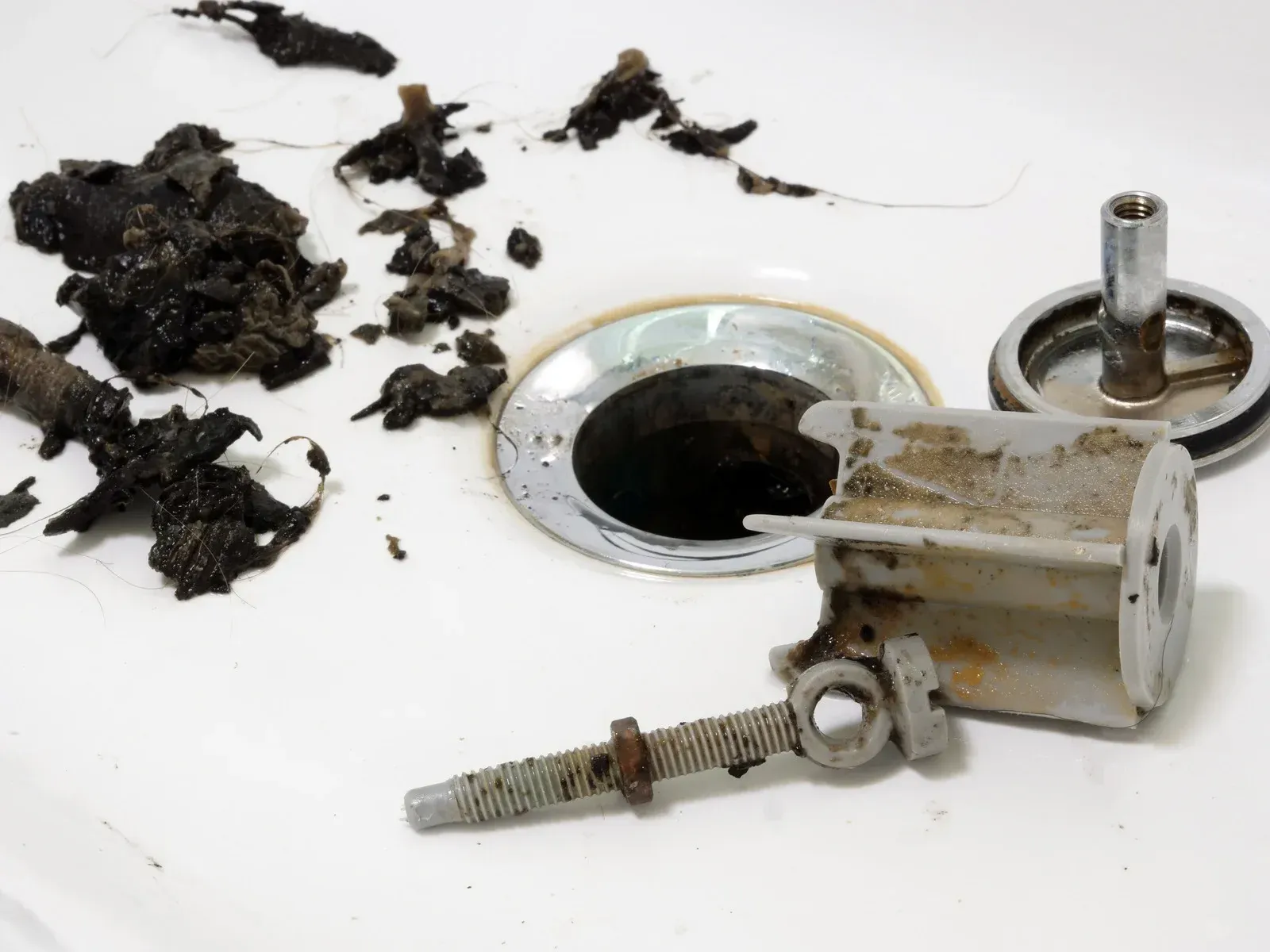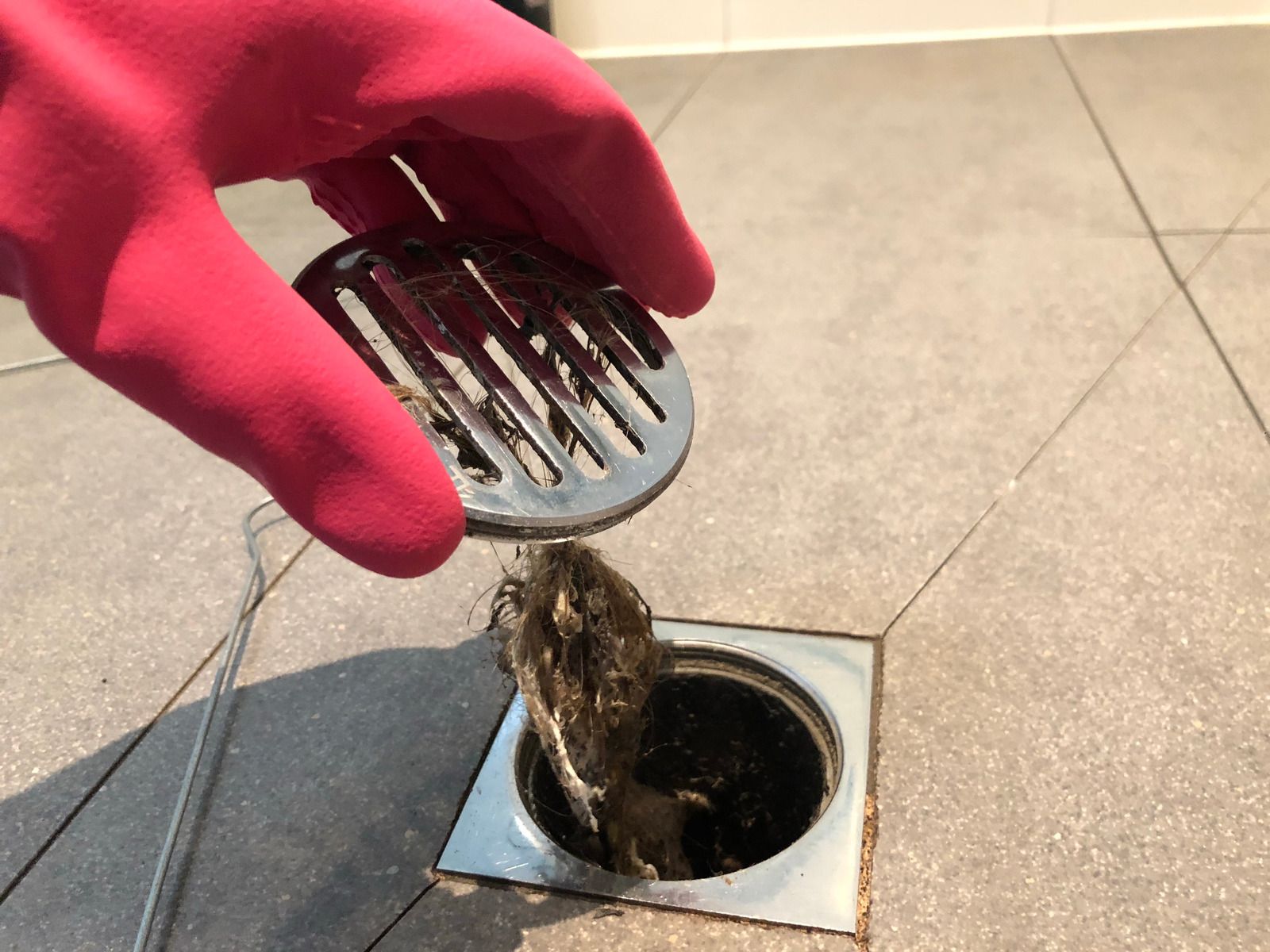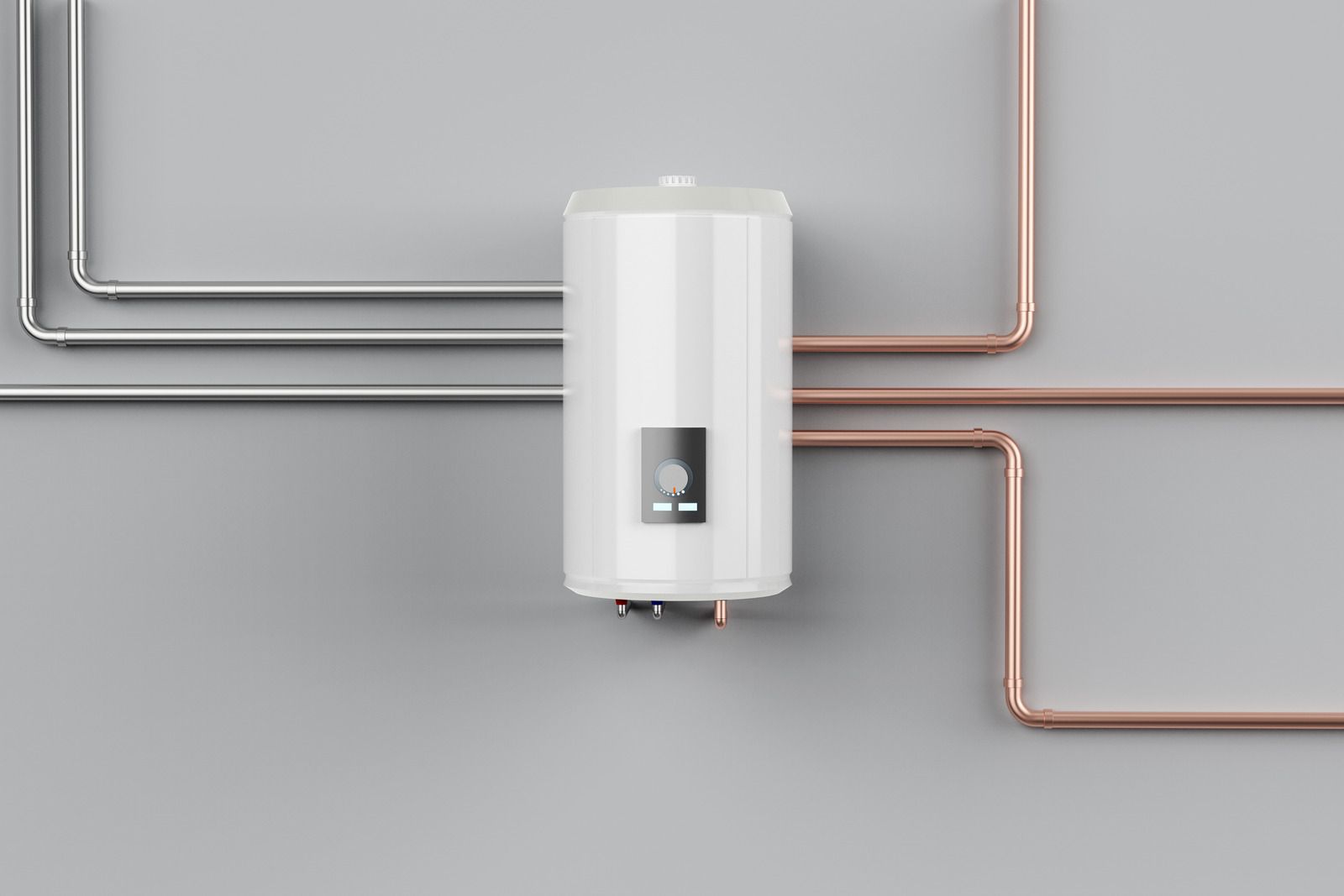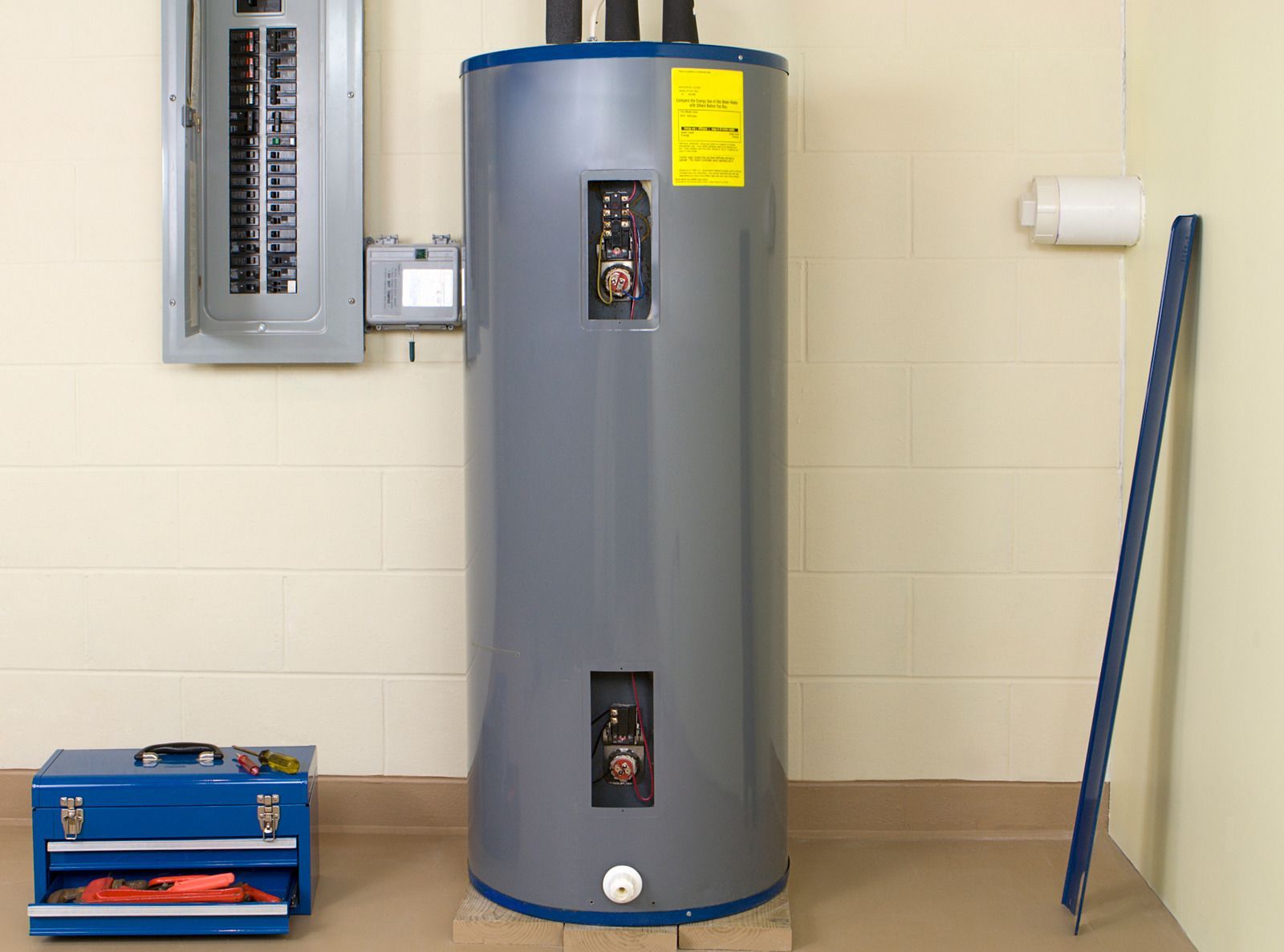CALL US TODAY · 252-728-9968
Quick Tips To Improve The Life Of Your Water Heater
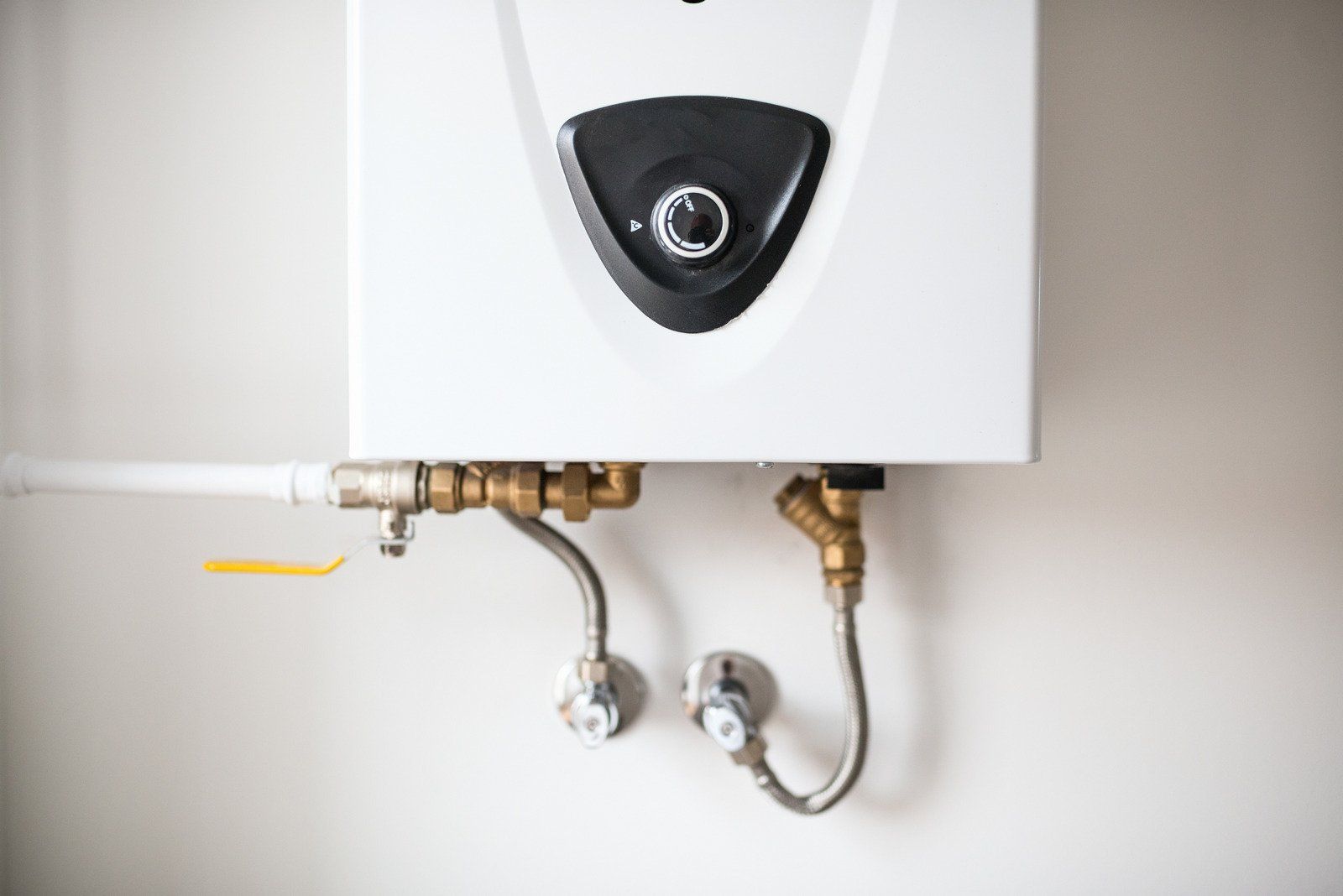
A water heater is a household appliance we often take for granted—that is, until it stops working. Then, we realize just how important hot water is to our daily lives! If you want to extend the life of your water heater and avoid an unexpected repair bill, read on for some tips.
First, it's essential to understand how water heaters work. Water heaters have a tank that stores hot water; as you use hot water, the tank refills with cold water. The heating element then kicks on to reheat the water in the tank. Over time, sediment can build up in the bottom of the tank, causing the heating element to work harder and eventually fail.
Let's learn some of the ideal ways to extend the life of your water heater.
Regularly Check Valve Pressure
Regularly checking the pressure of your water heater's valves is essential. Over time, valves can become loose, allowing water to escape and potentially causing damage to your home. Checking the pressure regularly will help ensure that your valves are adequately sealed and functioning correctly.
Flush Water Heater
If your water heater is starting to show signs of age, or if it's been a while since you've had it serviced, one of the best things you can do is flush it out. This simple maintenance task can help to remove sediment and other build-ups from the tank, which can improve efficiency and extend the life of your water heater.
To flush your water heater, turn off the power supply or gas valve (depending on the type of heater you have). Then, attach a hose to the drain valve at the bottom of the tank and open it up. Let the water run until it is clear, then close the valve and turn the power back on.
Clean The Water Tank
If your water heater is starting to make strange noises or isn't providing enough hot water, it may be time for a cleaning. Luckily, this is a fairly straightforward process that you can do yourself. Follow these steps, and your water heater will run like new in no time!
- Shut down the power to your water heater.
- Drain the water from the tank by attaching a hose to the drain valve.
- Flush the tank with clean water to remove any sediment that builds up over time.
- Replace the anode rod to prevent corrosion.
- Refill the tank with freshwater and turn the power back on.
Replace Anode Rod
If your water heater is over 10 years old, it's time to replace the anode rod. Anode rods help prevent corrosion in the tank, but they eventually wear out and need to be replaced.
You'll know it's time to replace the anode rod when you see corrosion on the tank or if the water from your faucets smells rusty. Replacing the anode rod is a relatively easy job that you can do yourself to prolong the life of your water heater.
To replace the anode rod:
- Shut off the power to your water heater and drain the tank.
- Remove the old anode rod and replace it with a new one.
- Use Teflon tape or pipe-sealing compound on the threads to prevent leaks.
- Turn the power back on and refill the tank.
Conclusion
Follow these simple but valuable tips to enjoy hot showers and baths for years to come without worrying about replacing your water heater any time soon. Do you have
water heater repair needs? Our experts can help you with the needful and advise you on the best way to maintain your appliance.
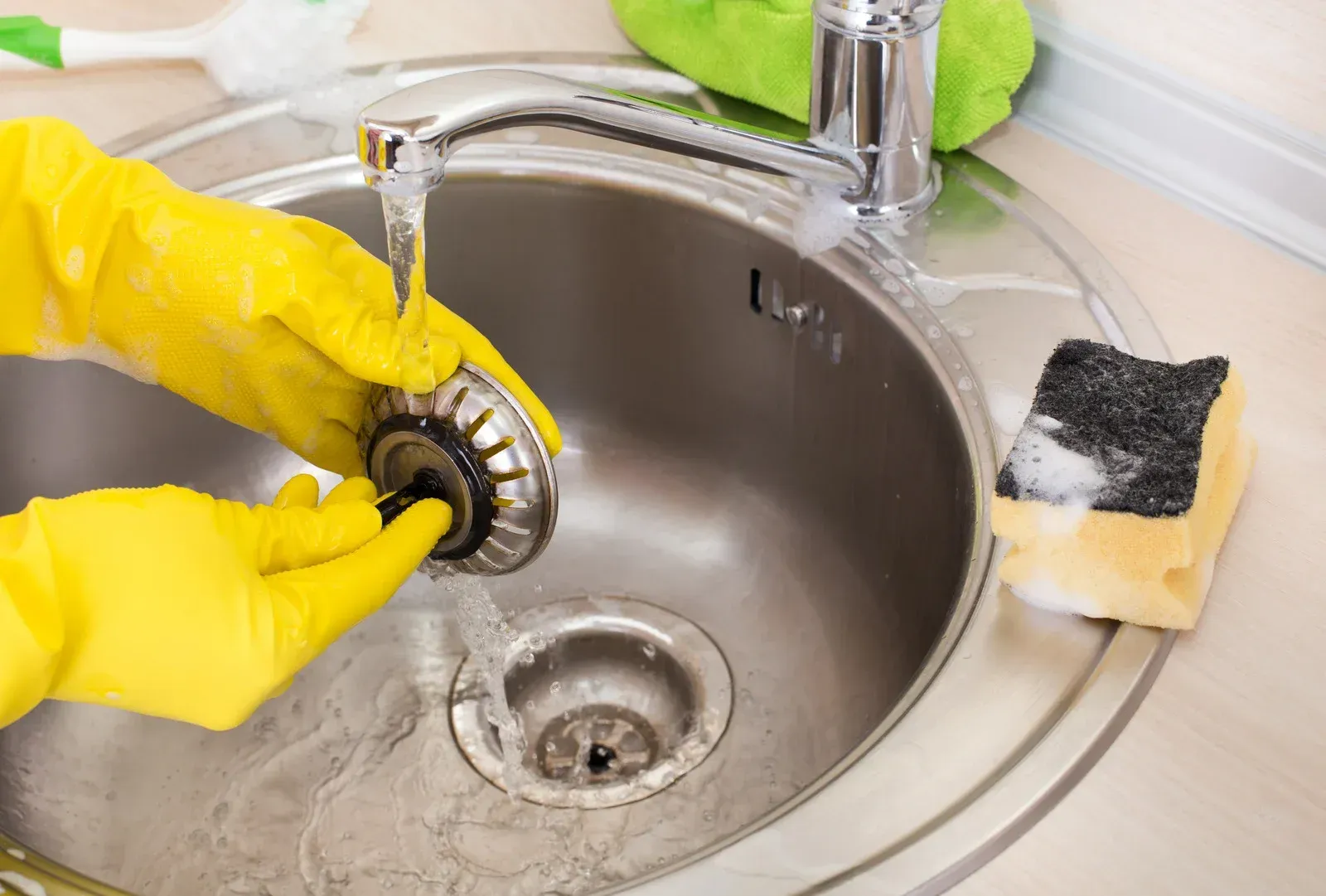
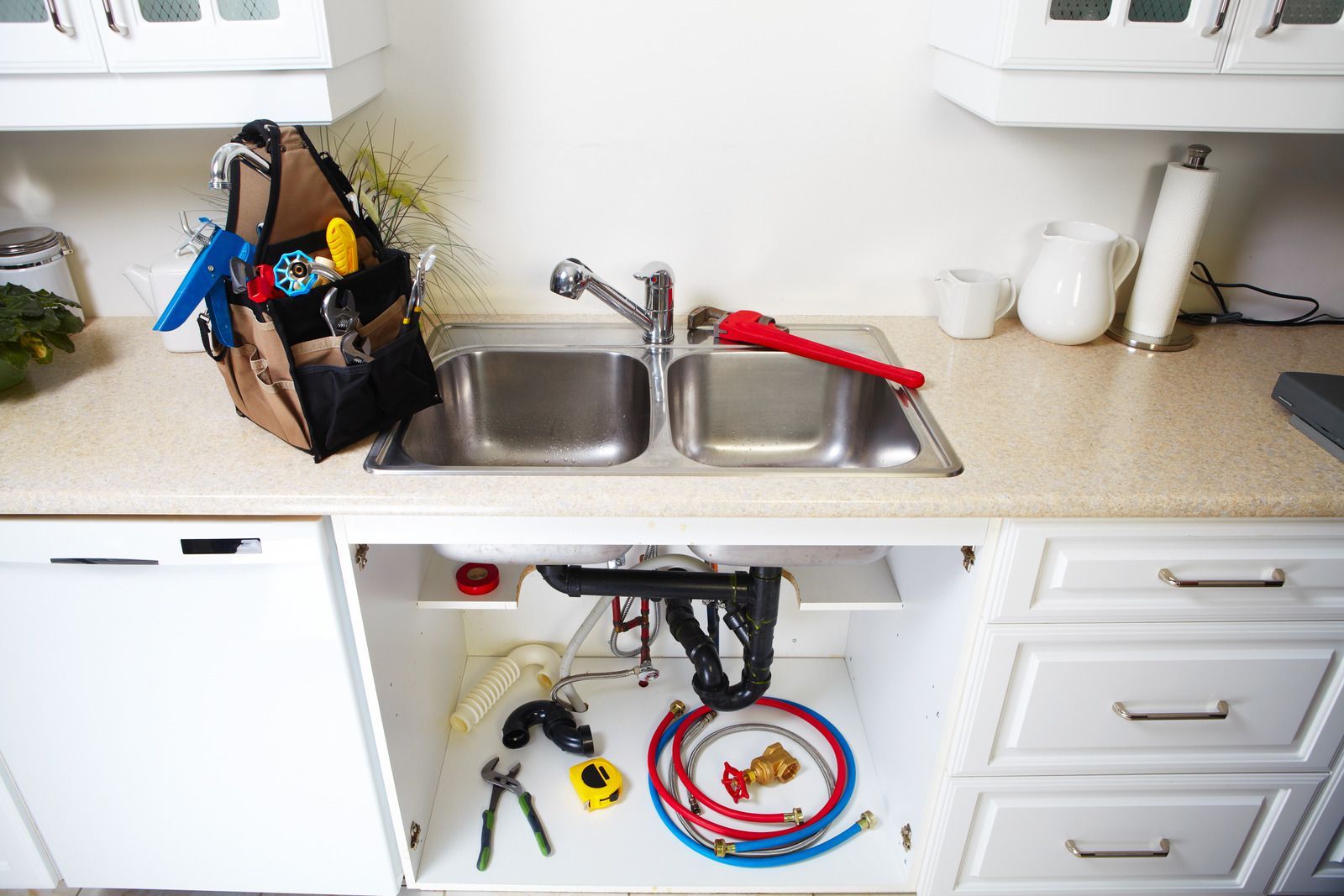
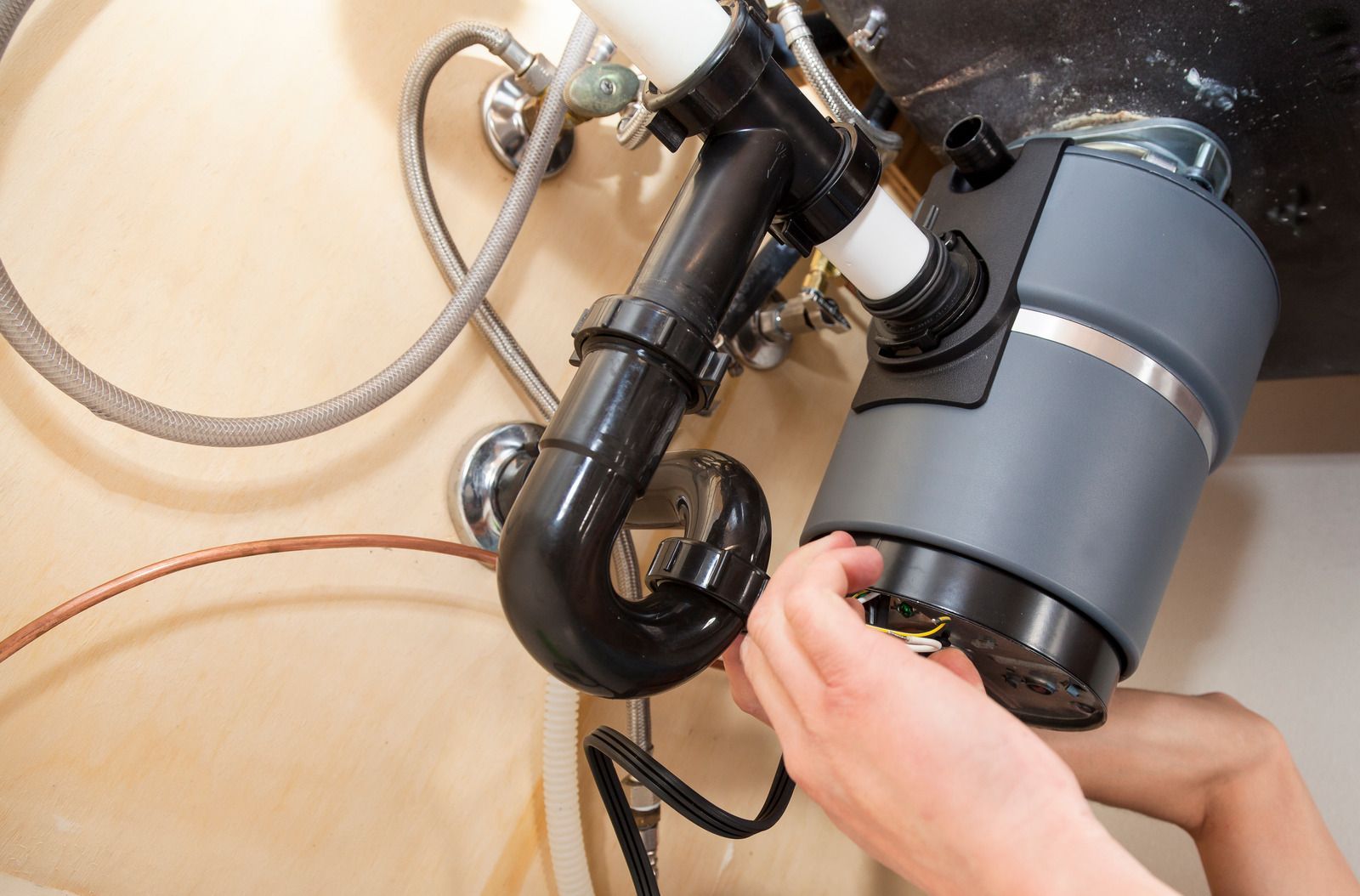
Top Rated Plumbing Contractor
Service Areas
Location
Carteret County, North Carolina
Business Hours
- Mon - Fri
- -
- Sat - Sun
- Closed


